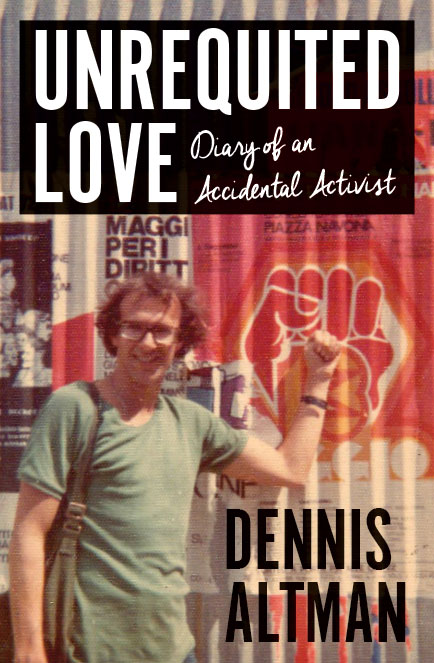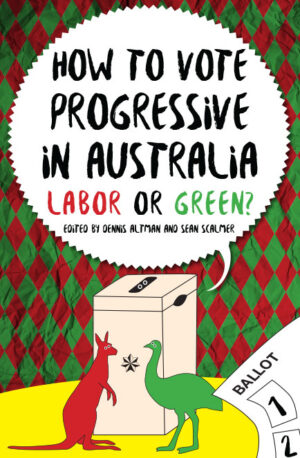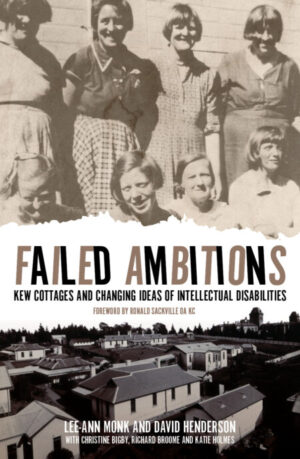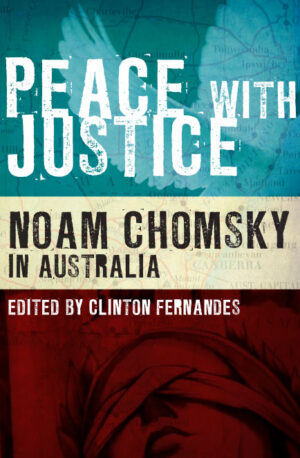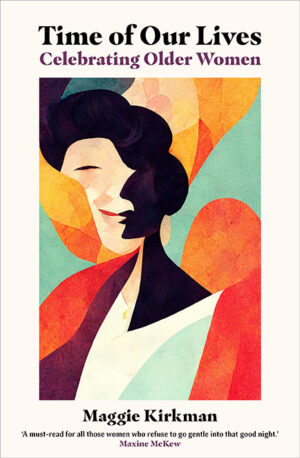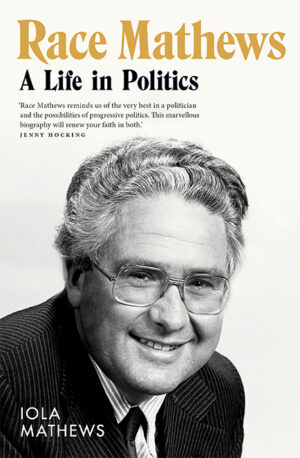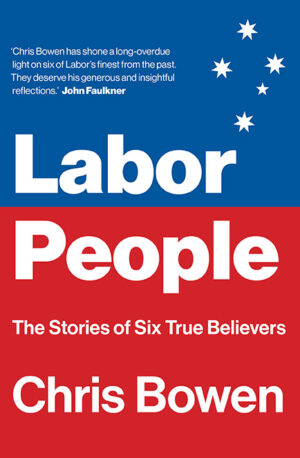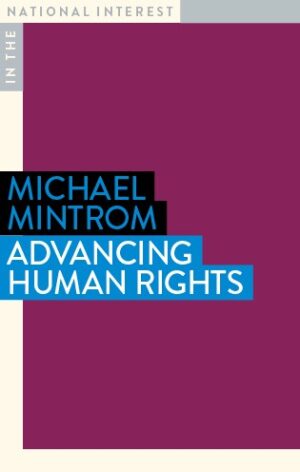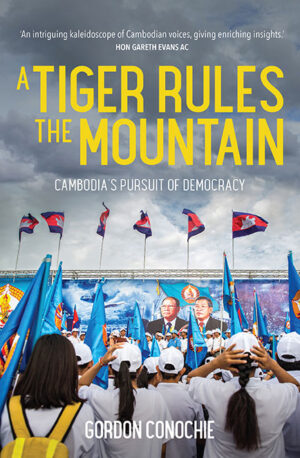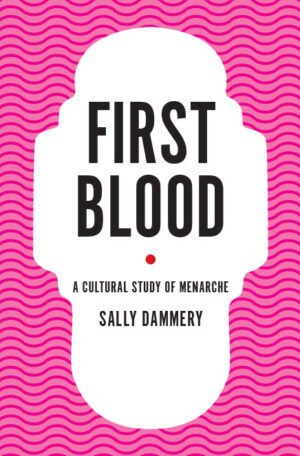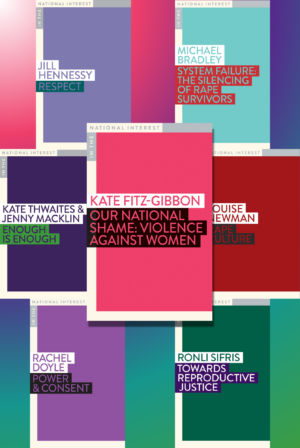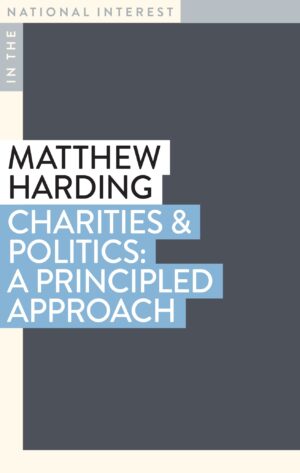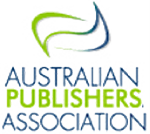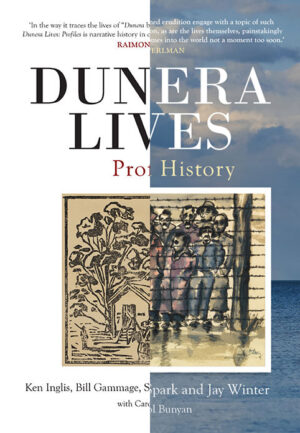‘From Lyndon Johnson to Trump, Altman’s diary takes us from the early days of AIDS to gay liberation against a backdrop of Australia’s strange love for America.’ Gillian Triggs
‘An ingenious combining of memoir and analysis, personal reflection and social science.’ Professor Frank Bongiorno
Dennis Altman’s long obsession with the United States began when he went there as a graduate student during Lyndon Johnson’s Presidency. His early writing stemmed from the counter-culture that developed in the States in the mid-1960s. Altman was involved in early Gay Liberation, and his 1971 study Homosexual: Oppression and Liberation is regarded as a classic work in its field. Since then, Altman’s writings have touched in various ways upon the shifting terrain of sexual politics, including the AIDs epidemic, which he witnessed from the onset while living in New York.
Altman’s memoir, Unrequited Love, is as wide-ranging and remarkable as his career, moving between Australia, the United States, Europe and parts of Asia, and influenced by encounters with intellectuals and writers including James Baldwin, Gough Whitlam, Dorothy Porter, Christos Tsiolkas, Gore Vidal and Susan Sontag.
Written through the lens of recent activism and the global rise of authoritarianism, this is a story of a half century of activism, intellectualism, conflict and friendship.

